SCO: a positive alternative for humanity
Belarus is a powerful state with a high and powerful scientific and technical potential, Deputy Secretary General of the Shanghai Cooperation Organization Grigory Logvinov believes. The well-known diplomat, who has been in the Soviet and Russian diplomatic service for almost 45 years, who worked at the embassies of the Russian Federation in China, the USA and Australia, visited Minsk last week and took part in the round table "SCO Expert Track: Prospects and Opportunities for Belarus" organized by the Belarusian Institute of Strategic Research. Next are the most interesting, in our opinion, theses voiced during this event and on its sidelines.
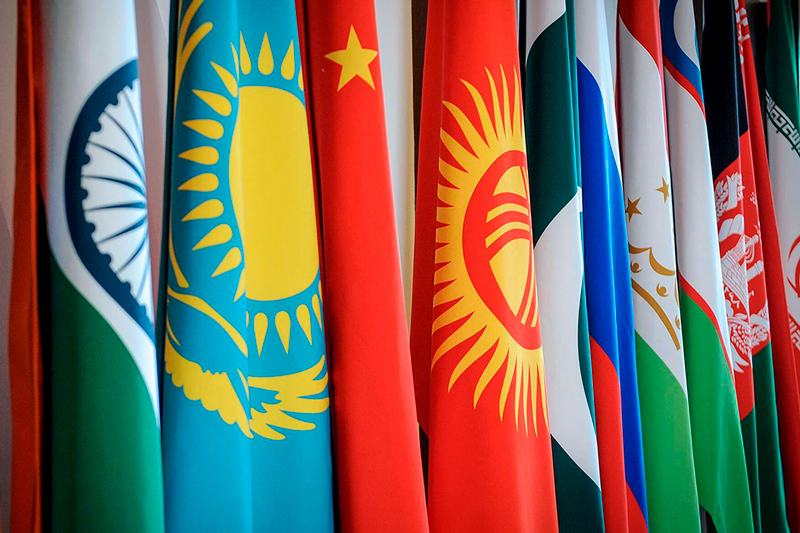
President of Belarus Alexander Lukashenko:— Our step to join the Shanghai family as an observer was not spontaneous or accidental. At that time, the Shanghai Cooperation Organization was still young, trying to integrate into the world order. It is now that the SCO is viewed as the future, a very influential pole of our planet. That was not the case at that time. But at that time we decided that we would develop our cooperation with the Shanghai Organization. This is our political, economic, and maybe military-political future. At the meeting with SCO Secretary-General Zhang Ming in Samarkand, 15 September 2022. |
Big family: willingness to lend a shoulder, not put the foot
Grigory Logvinov described the geopolitical and civilizational significance of our country 's accession to the Shanghai Cooperation Organization in communication with Belarusian journalists as follows:
— Belarus is joining what is called the SCO family. That is, Belarus is already fully legally entering a space where there are no dividing lines, no masters and slaves, and where no one imposes their standards, their ideas and models of lifestyle on anyone. This is first of all. Belarus is acceding an organization that is always ready to lend a shoulder, not put its foot. And the SCO, which promptly and immediately provided moral and political support to the authorities of Kazakhstan during the well-known January riots, showed that it is able to quickly and significantly take the side of its members.
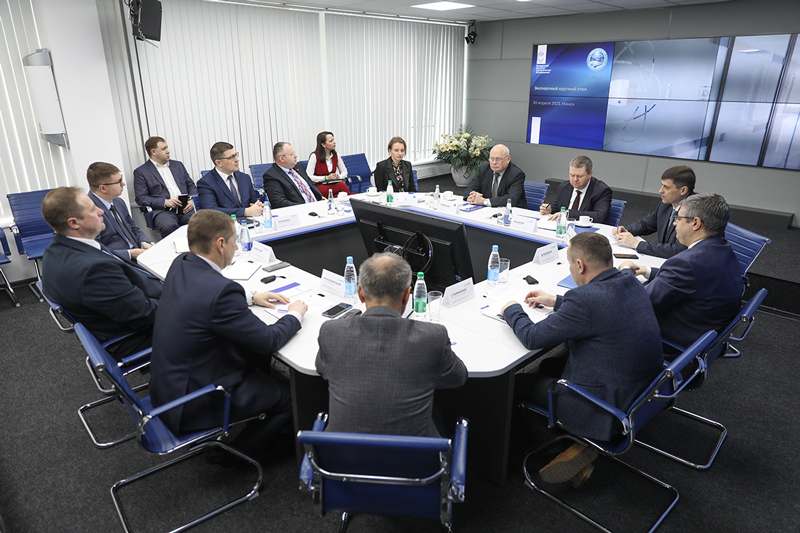
At the same time, the SCO Deputy Secretary-General drew attention to the material side. Our country is becoming a participant in a huge number of programs: currency, transport, logistics, environmental, scientific and technical:
— Moreover, Belarus has already shown quite convincingly (at least to those who have retained the ability to take an objective view of reality) that it is not a backwater potato field, but a powerful state with a high and powerful scientific and technical potential, which can all the more be implemented in the SCO format.
SCO and the UN: not instead, but together
Assessing at the request of the “SB. Belarus Today” reporter the possibility of turning the Shanghai Cooperation Organization into a global structure, given the emerging phenomenon in world geopolitics, which experts refer to as the post-American world, the SCO Deputy Secretary-General suggested not rushing to conclusions:
— Yes, the USA is experiencing certain difficulties. Indeed, the world is being transformed. But let's not rush to bury the United States, and no one is going to do it: the SCO does not enter into confrontation with anyone, and it is not going to destroy anyone from other states and associations. The organization defends its positive alternative.
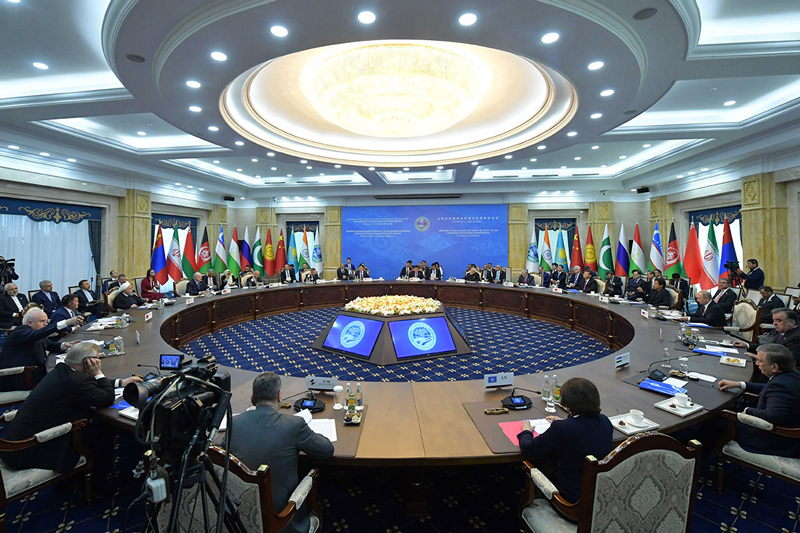
The SCO space is expanding, and this despite the fact that the organization does not force anyone into its ranks, this is a voluntary decision of all relevant states for which the principles, goals, tasks and agenda of the SCO are of great practical interest. That is, the organization is in demand.
However, Grigory Logvinov stressed:
— I would not talk about turning it into a kind of global structure. If you look at all the political founding documents of the SCO, you will see that we do not question anywhere, but on the contrary, consistently advocate strengthening the role of the UN. The SCO, one way or another, is not a global one, although it is already a trans-regional, but still a local, structure.
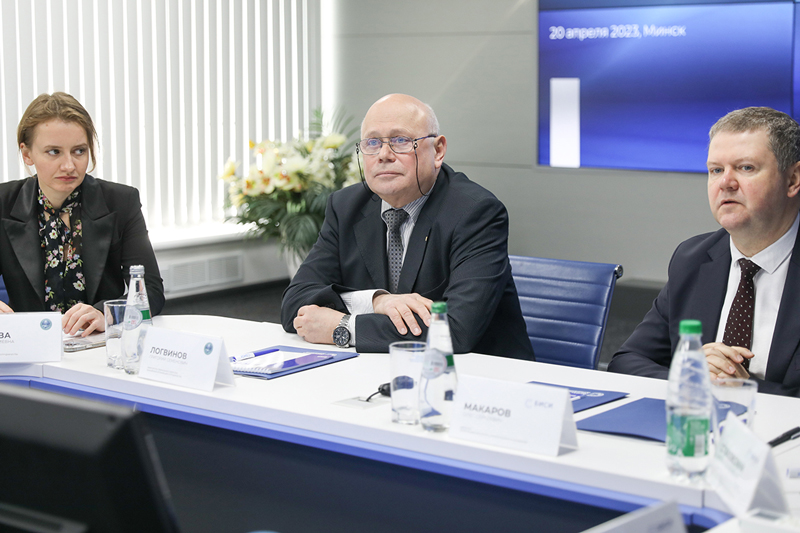
The West suffering from Twitter
But the position of the countries of the collective West regarding the SCO is noticeably confrontational. Commenting to the Belarus 1 TV channel on the blocking of the SCO Secretariat's Twitter account a month after the opening, Grigory Logvinov noted:
— Not on Twitter, but we have a very active explanatory and propaganda work in the Telegram channel.
Another thing is that such actions of Twitter owners once again show how much all the theses that were considered sacred cows for Western society have already turned into fiction. Such as freedom of speech. What can you do…
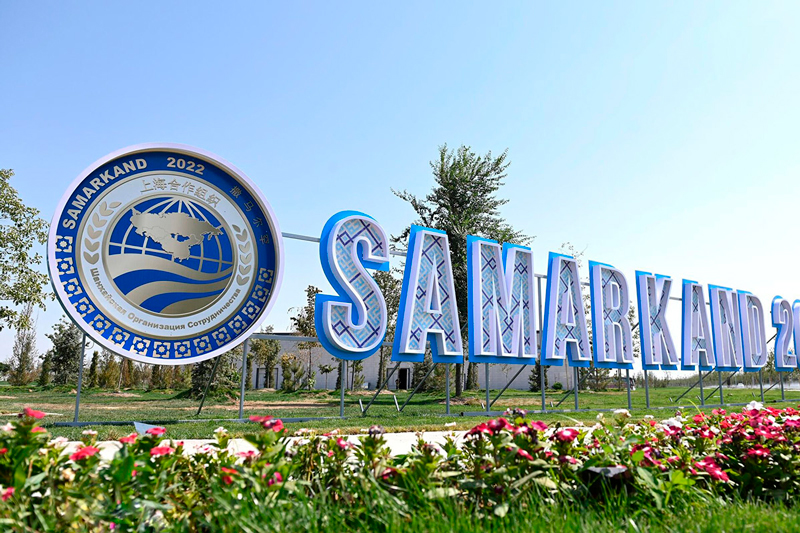
The SCO Deputy Secretary-General sees this as both a challenge for us and an incentive to work on our own information channels:
— Yes, we need to create our own information space. And the ICT sphere, I must say, is now one of the key priorities on the SCO agenda. If we started mainly with international information security, now we are already working on almost the entire spectrum.
I want to say that when Belarus finally gets the SCO full member status, such forums as TIBO will become a very powerful addition to the SCO's work in the field of ICT.
|
The round table "SCO Expert Track: Prospects and Opportunities for Belarus" held in BISR on April 20 was the first in 2023 in a number of thematic platforms organized by the Institute on the eve of our country's upcoming acquisition of the SCO full member status. |

Mobilization of intellectual resources
In the President's Address to the Belarusian people and the National Assembly on March 31, the Head of State stated that joining the Shanghai Cooperation Organization would allow us to become stronger and also make the organization itself stronger, the BISR Director Oleg Makarov recalled:
— The current stage of SCO expansion is taking place amidst dramatic transformations in the international and regional environment, the globalization of challenges and the emergence of unconventional risks, challenges and threats to security. Processes and trends occurring within the member states and applicants themselves have a significant impact on the development of the SCO. Under these conditions, deep scientific understanding, analysis of ongoing processes and phenomena, the search for optimal ways to achieve the main goals, updating the development strategy through the generation of new ideas are, of course, urgent tasks that require the mobilization of intellectual resources of the entire SCO family without exception, including the involvement of various public institutions.
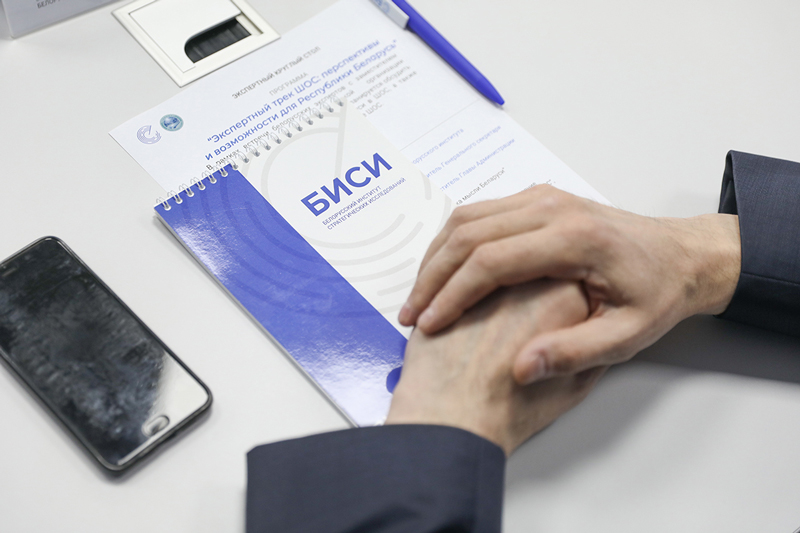
The BISR Director is convinced that the SCO Forum, where the most authoritative research centers of the member states are introduced, is the optimal intellectual platform for professional discussions, exchange of views on the current agenda, as well as search for answers to existing and potential challenges and threats:
— We are interested in the comprehensive involvement of the potential of the SCO Forum, country scientific, educational and expert institutions in the interests of the development of the national scientific school of Oriental studies in Belarus, including the development of specialized educational programs.
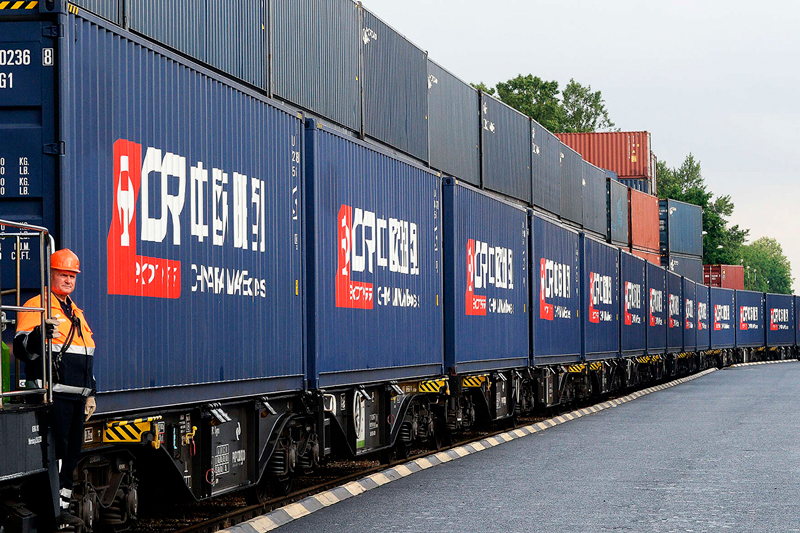
Why is the SCO interesting to Belarus
Belarus considers the Shanghai Cooperation Organization (SCO) as an international platform for identifying specific mechanisms for developing cooperation in countering the threats of terrorism, extremism, organized crime and drug trafficking.
It stands for strengthening the economic dimension of the SCO as the most important factor of stability in the Eurasian region.

In the economic sphere, Belarus is interested in the development of the SCO common transport space, international road transport, as well as in the coordinated development of highways and rail transport, which will contribute to participation in multimodal transport, the formation of a favorable network of transport infrastructure and the disclosure of transit potential.
Our country is also interested in cooperation in all areas of cultural and humanitarian cooperation, as well as in cooperation with cultural and information centers and foundations of the SCO.


